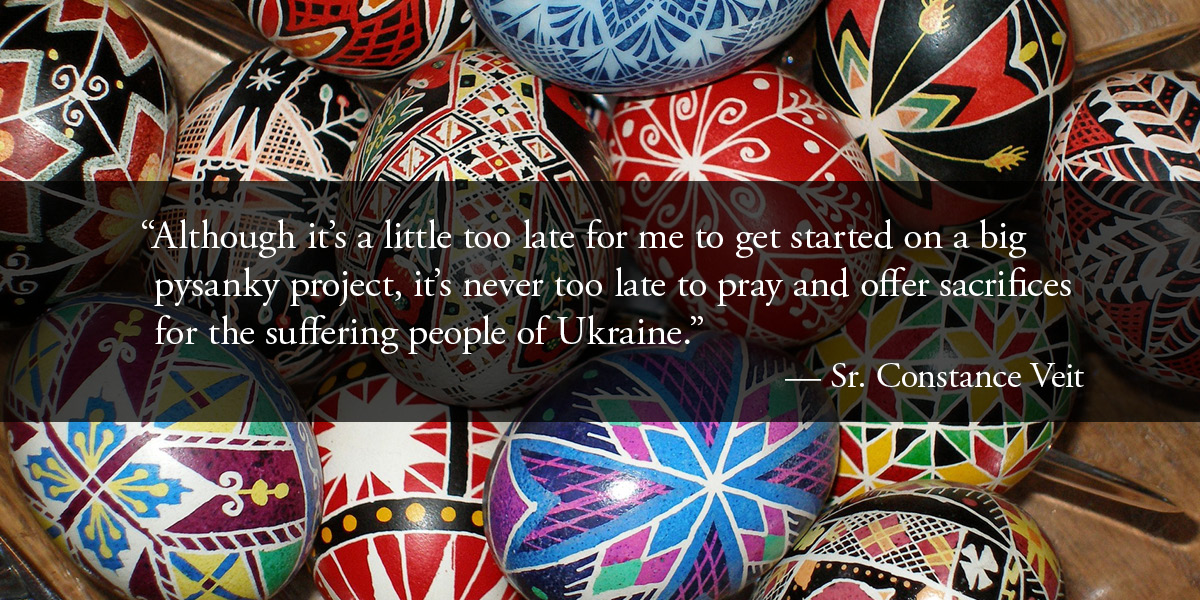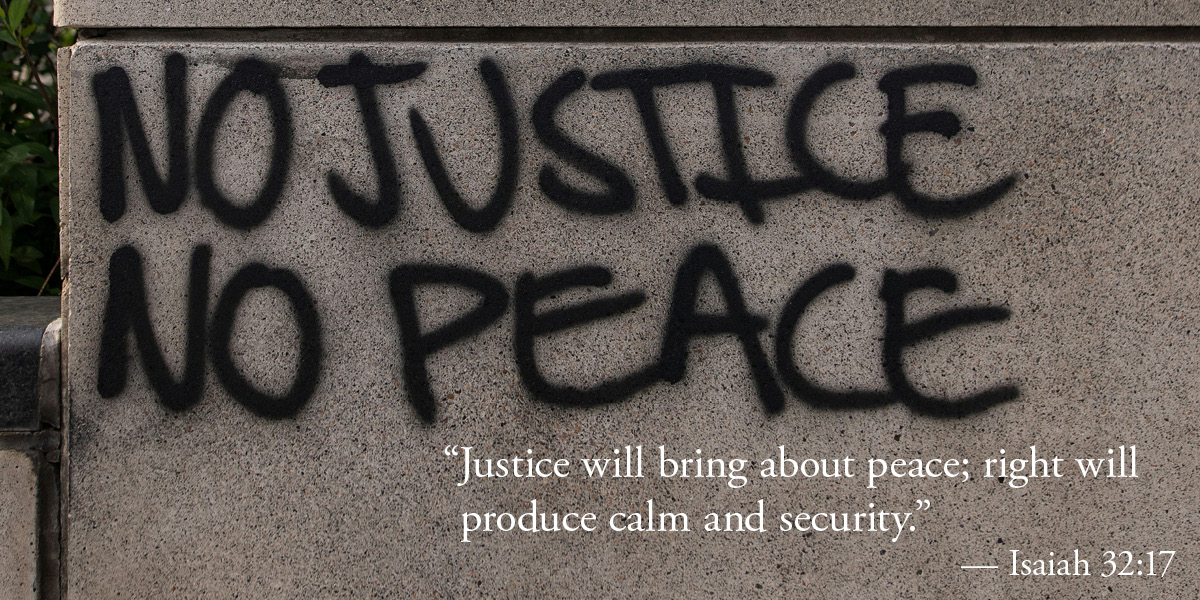
They cast their nets in Galilee,
Just off the hills of brown;
Such happy, simple fisherfolk,
Before the Lord came down.
Contented, peaceful fishermen,
Before they ever knew
The peace of God that filled their hearts brimful,
And broke them, too.
“It is important that he be a man of peace” is a phrase that is often heard echoing in the halls of seminary formation. This refrain sounds great, but what does it mean and what form does it take?
A significant part of formation, both in the seminary specifically and in one’s spiritual life generally, is the willingness to have a mind-transplant, so-to-speak. St. Paul’s words to the Romans remain a strong exhortation for us today: “Do not conform yourselves to this age but be transformed by the renewal of your mind, that you may discern what is the will of God, what is good and pleasing and perfect” (Romans 12:2).
The worldly man considers peace as the absence of difficulty: “If I didn’t have this sickness, hardship, or trial, I would be at peace.” For this person, peace is born in the absence of the cross. This is the peace the worldly man seeks, but not sought by the man of God for he knows that the Lord never promised a life without hardship: “Whoever wishes to come after me must deny himself, take up his cross, and follow me” (Matthew 16:24). The worldly desire for life without strife is untenable precisely because it is unrealistic.
The man of faith desires the peace of Christ. This sounds spiritually sweet, but wait. In articulating the mission for the Twelve Disciples, the coming persecutions and the courage necessary to persevere, our Lord indicates something rather strange: “Do not think that I have come to bring peace upon the earth, [for] I have come to bring not peace, but the sword” (Matthew 10:34).
This from the God-Man who also preached during the Sermon on the Mount how “blessed are the peacemakers, for they shall be called children of God” (Matthew 5:9). At first glance, one might say that the Lord contradicts Himself, but prudence dictates that one pause and consider what is to be gleaned from this apparent inconsistency.
If the peace of Christ is not that which the world acclaims as peace, then what is it?
True peace is tranquillitas ordinis – it is the tranquility one has when he is living in the proper order. And what is the “proper order?” Simply put, God is God and I am not God; and because we have been created by God and for the purpose of living in union with Him, we recognize the truth of what St. Augustine asserts in his spiritual autobiography: “You have made us for Yourself [Lord], and our hearts are restless until they rest in You” (Confessions, 1.1).
This also means that in God’s will is our peace, and by following the order of living that the Almighty has revealed to us in His Only-Begotten Son, we will experience the tranquility that the worldly person cannot understand and will never attain.
The peace of Christ is manifest on the cross and offered as His first gift after the resurrection. Because Jesus, who, “though He was in the form of God, did not regard equality with God,” always lived in the proper order, and by emptying Himself took “the form of a slave [… and] humbled Himself, becoming obedient to death” (Philippians 2:6-8), His tranquility of soul is unfathomable.
And yet it is a mystery in which each of us may participate if we desire it. The peace of Christ does not come only after a difficulty but has the potential to be always present precisely amidst it. Are you restless? Not at peace? Do you wish to experience true peace – the peace of Christ? Attend to the order of your life and address the manner of it by following the ways of God. Change your thinking, so that you will change your living. Wise words for apostles, seminarians, and all who seek the peace of Christ amid a weary world.
William Alexander Percy, the early 20th century lawyer and poet, concludes his reflection on the peace of Christ with these words:
Young John who trimmed the flapping sail,
Homeless, in Patmos died.
Peter, who hauled the teeming net,
Head-down was crucified.
The Peace of God, it is no peace,
But strife closed in the sod.
Yet, brothers, pray for but one thing,
The marvelous peace of God.
Radically following the Lord in true discipleship will bring with it the uncomfortable and inevitable reality of division, separation, and difficulty in this world, but tranquility to the soul when obedient to the ways of God. It is simple and straightforward. The difficulty resides in the fact that we complicate matters endlessly by our almighty way of thinking and disordered manner of living. Learn the way of God and ask for the grace to live it well, always and everywhere – to His praise and glory and the salvation of your soul.
Tranquillitas ordinis. Baffle the world. Become a saint!
—Father James Dodson is vocation director for the Diocese of Burlington.
—Originally published in the Spring 2024 issue of Vermont Catholic magazine.





